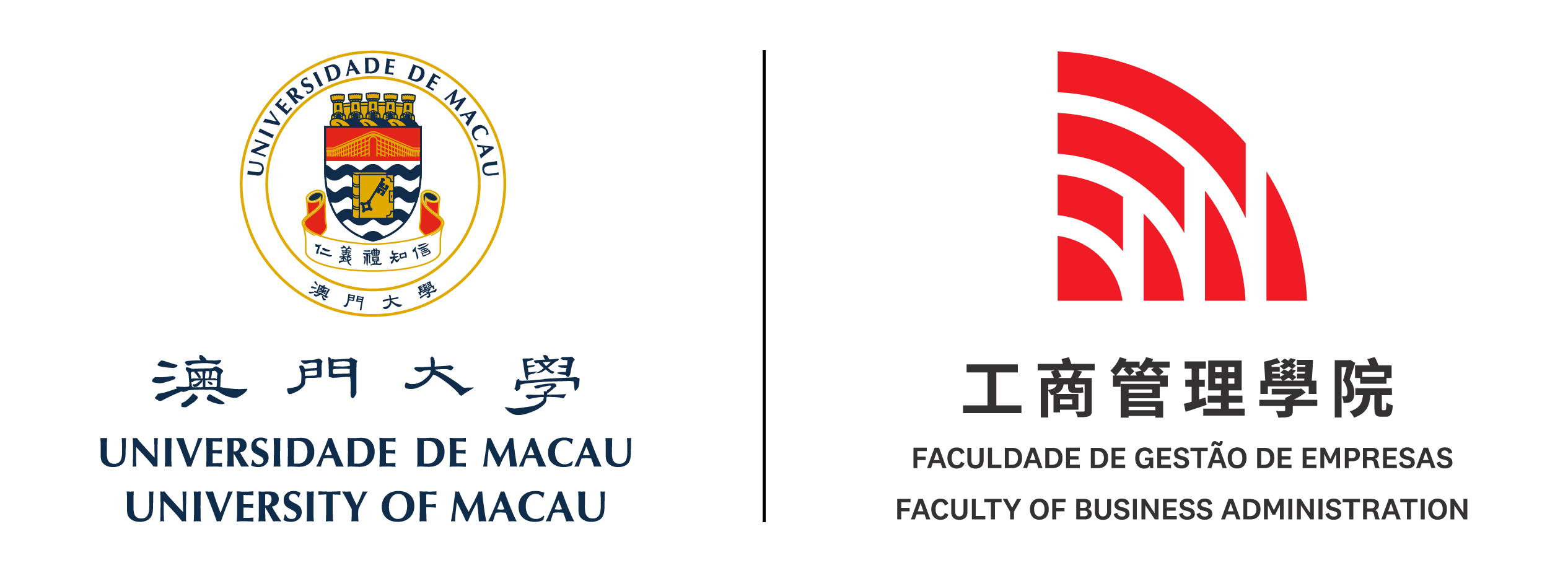Faculty of Business Administration
SEMINAR SERIES No. 09/1516
Finance and Business Economics
Assistant Professor
Capital University of Economics and Management in Beijing, China
Abstract
This paper investigates the effect of position of global value chain in explaining business cycle synchronization. It first brings up one measures of position in global value chain. Based on this measure, countries specialized in natural resources and usually located in upstream position. We then empirically test whether position in global value chain affect business cycle correlation. The main finding in this paper is that the more close the position in global value chain, the more commoved business cycle synchronization. This result holds for various robustness checks. To further explore mechanism, we proposed three possible channels that position in global value chain will affect business cycle correlation. The first channel addresses the common shock view in literature. It is possible global value chain is only a proxy for common shock. The second channel is through TFP correlation. The third channel is through lead-lag relationship. We test three hypothesizes. The results suggest that the effect of global value chain is not driven by common shock view. More specifically, the effect of global value chain on business cycle is stronger between country pair with more asymmetric industrial structure. The second channel is possible. The closer the position in global value chain, TFP at business cycle frequency is more correlated. This result suggests TFP channel might be one of transmission channel. The result for third channel suggests upstream country lead international business cycle. The more downstream countries tend to lag business cycle. This result suggests that there might be friction that prevents countries to response instantly. In conclusion, global value chain could affect business cycle correlation through asymmetric industrial structure, TFP correlation or shock transmission efficiency.
Date: 16 December, 2015 (Wednesday)
Time: 15:00~16:30
Venue: Faculty of Business Administration, E22-1008
A Short Biography of Dr. Daoju PENG
Dr. Daoju PENG is an Assistant Professor in Capital University of Economics and Management in Beijing. She obtained her Ph.D. degree in Economics from The Chinese University of Hong Kong in 2015. Her current research interests are International Macroeconomics and Chinese Economy.


